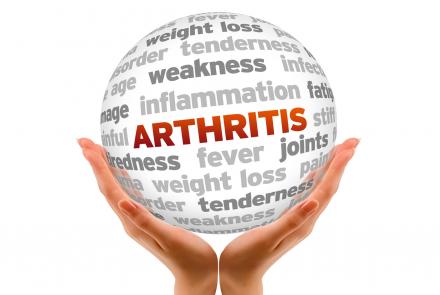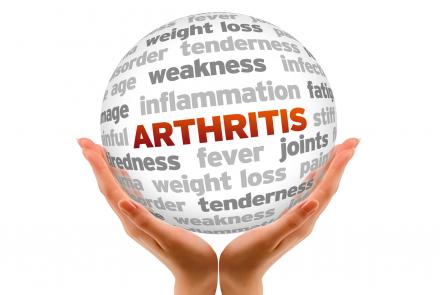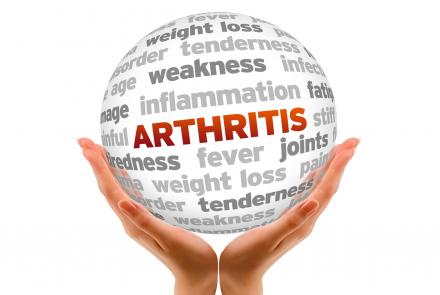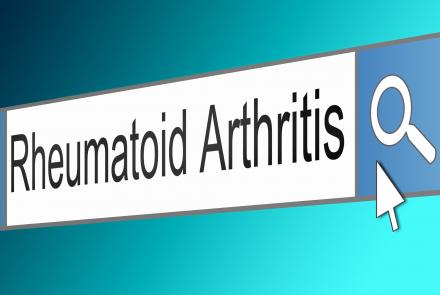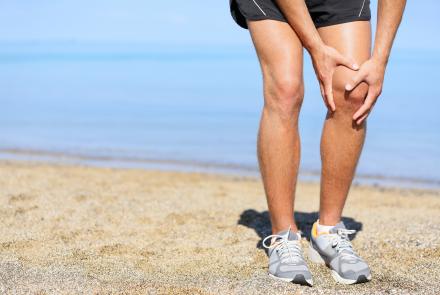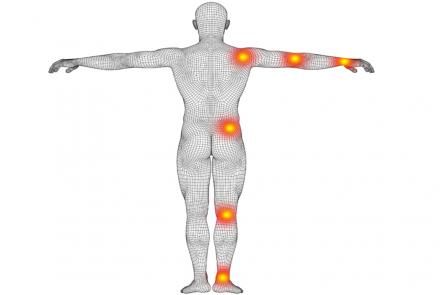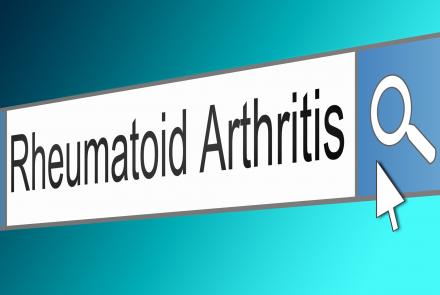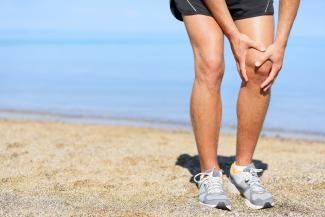
Find out this and more from Dr Shital Raval
1. Can excess weight cause osteoarthritis?
Recent medical opinion points to excess weight as a cause for osteoarthritis. It is also known that obesity makes the symptoms worse in patients with existing osteoarthritis. This is because obesity tends to decrease mobility and puts stress on the back, hips, knees and feet, all the body parts that are commonly affected by osteoarthritis. Over time this stress can cause the cartilage in the joints to break down.
2. I have psoriasis and have been getting joint pains lately? Could they be related?
Psoriasis is an autoimmune disease that presents with scaly red and white patches on the skin. Some people with psoriasis can also develop arthritis, when the immune system attacks the joints as well, causing inflammation. Psoriatic arthritis is a type of arthritic inflammation that occurs in about 15 percent of patients with psoriasis. Like psoriasis, the arthritis symptoms tend to flare and subside, and affect different joints in the body over time. Psoriatic arthritis can affect any joint in the body, and it may affect one or multiple joints.
3. Can food allergy cause arthritis?
There is no evidence currently to suggest that food allergy may lead to arthritis. Avoiding certain foods is not known to provide relief from joint pains. However, studies are still under way to check if there is a direct link between the two.
4. Is cod liver oil a good remedy for my stiff joints?
Cod liver oil, being rich in omega-3 fatty acids, may help the pain and inflammation of established arthritis, and it contains vitamin D, which is good for healthy bones. However cod liver oil also contains Vitamin A, which can be toxic in large doses, especially to pregnant women. It’s best to check the daily intake of the cod liver oil and keep it to a recommended dose of 1000mg per day.
5. I have gout. Is that a kind of arthritis? What foods should I avoid?
Yes, gout is a kind of inflammatory arthritis. It usually affects the joint of the big toe, causing pain and swelling. But it can affect other joints as well. It is caused due to build-up of uric acid crystals in joints. Uric acid is formed by the breakdown of purines, which are made by the body and also found in many foods. People with gout should avoid foods high in purines as well as foods that hamper the body's ability to dispose of uric acid. Such foods include:
- Beans such as soybeans, lentils and chick peas
- Vegetables such as asparagus and mushrooms
- Meats, especially red meat and organs such as liver, brain, kidney and sweetbreads
- Fish such as sardines, mackerel, herring and anchovies
- Fatty and fried foods
- Alcohol, especially beer
- Beverages with high fructose corn syrup like juices and sodas
- Certain medications like thiazide diuretics
Read more about Arthritis : http://www.patientsengage.com/conditions/arthritis

